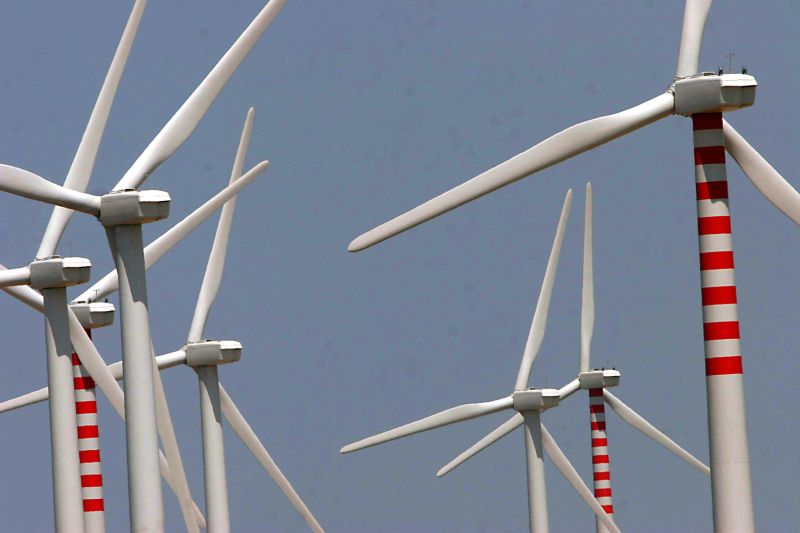BUCAREST (ROMANIA) (ITALPRESS) – The European Investment Bank (EIB) has announced up to €30 million in financing for the construction of a major wind farm in Romania, contributing to the country’s green transition and energy independence.
The project concerns the second onshore wind farm planned in Pestera, near Constanta, on the Romanian Black Sea coast. This is reported by local news agency Agerpres. The EIB is financing this initiative together with funds managed by Copenhagen Infrastructure Partners (CIP), a Danish company specializing in the development of renewable energy projects. The total value of the investment will exceed 500 million euros. With a planned installed capacity of about 400 megawatts (MW), Pestera II will be one of the largest wind power projects in Romania and will be able to supply energy to more than 1.4 million households per year.
Construction will begin in 2025, with the goal of supporting the European Union’s commitments to climate neutrality by mid-century. According to CIP partner Radu Gruescu, Pestera II will provide affordable energy in the long term, improving Romania’s energy independence and contributing to the country’s decarbonization goals. CIP, one of the largest global fund managers for greenfield investments in renewable energy, is expanding its presence in Romania and plans further investments in the sector.
The EIB, the European Union’s leading long-term lending institution, finances investments in line with EU policies, focusing on climate, digitalization, security, cohesion and technological innovation. In 2024, the EIB Group approved nearly €89 billion in financing for more than 900 projects with a strong impact on competitiveness and security in Europe. All of the projects supported by the EIB meet the commitments of the Paris Climate Agreement, and about 60 percent of the funding is for initiatives to reduce the effects of climate change and protect the environment.
In addition, in 2024, the EIB mobilized more than 100 billion euros for energy security in Europe and 110 billion for EU startups, growth companies and innovators. A significant portion of the resources were directed to European regions with below-average income, strengthening economic and social cohesion.
-Photo Ipa/Agency-
(ITALPRESS).

